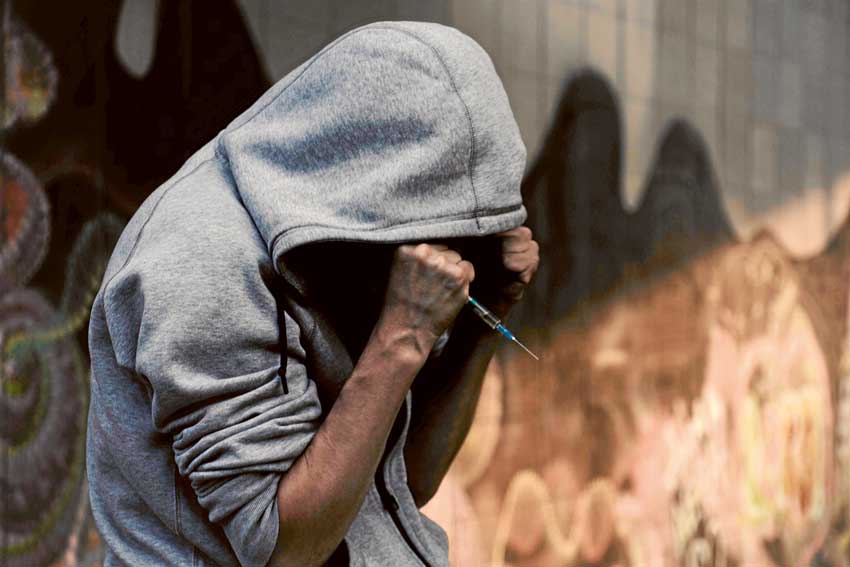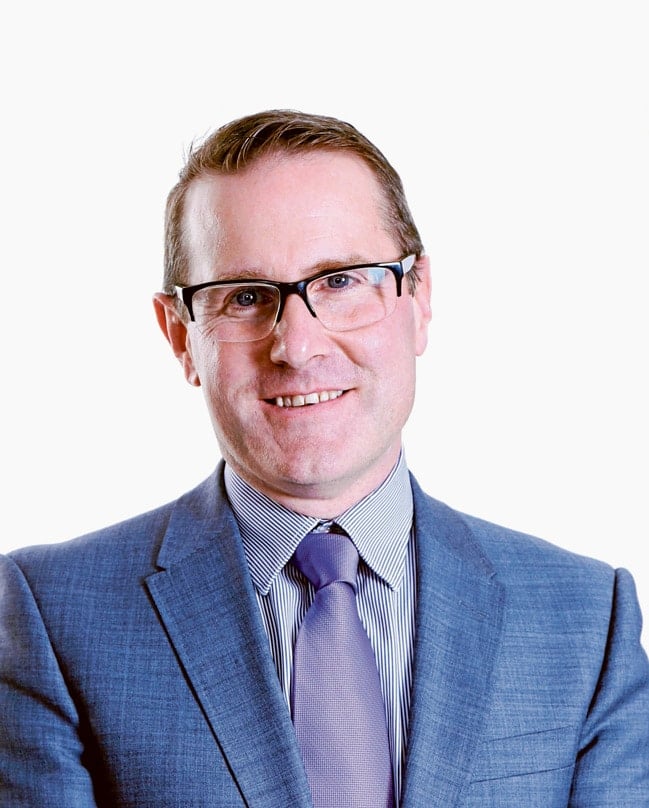
Federal Government’s mandatory drug trial targets society’s most vulnerable, say experts
Catholic health, welfare and justice advocates have slammed the Federal Government’s plan to trial on-the-spot drug testing of people on income support, warning that it is a dead end that will not help people heal substance abuse issues and secure employment.
They join a rising chorus of opposition to the plan including from leading medical and health experts such as the Australian Medical Association, the Royal Australasian College of Physicians, the Public Health Association of Australia, the Kirby Institute, the Royal Australian and New Zealand College of Psychiatrists.
The bill being considered by the Senate would allow a two-year trial testing about 5000 new recipients of Newstart and Youth Allowance in Canterbury-Bankstown, Logan in Queensland and Mandurah in Western Australia.

Anyone testing positive will have 80 per cent of their payments quarantined onto a cashless welfare card for two years and they will be re-tested after 25 days. People testing positive twice will be referred to treatment while those refusing a test face immediate withdrawal of income support.
Toby Hall, CEO of St Vincent’s Health Australia said there is no evidence to back up the trial and that it is “hard not to conclude” the government’s persistence in going forward was “about making a political point”.
“Our expertise and experience tells us that this isn’t the way to help people into treatment,” Mr Hall said. “By clinical definition, people with severe substance use disorders are unable to modify their behaviour, even in the face of known negative consequences.
“In fact, an increase in stigma and anxiety for people with substance use disorders will exacerbate addiction issues rather than address them.”
St Vincent de Paul Society said the proposed mandatory drug testing is “expensive, discriminatory and stigmatising and does not remove disadvantage.”
“It deflects attention from underlying structural factors that drive inequality and poverty, while scapegoating people who receive income support,” Vinnies said in a statement.
Moreover, it would be ineffective as around half of Newstart recipients are aged 45 and over, who according to the 2016 Australian Institute of Health and Welfare (AIHW) National Drug Strategy Household Survey, have some of the lowest rates of illicit drug use.
“If this trial goes ahead, most people tested will never have used hard drugs,” it said.
“We already know that many of the processes people need to go through to receive income support are unnecessarily onerous and deliberately difficult.
“This trial will add a new layer of stigma for people struggling to find employment.”
Father Peter Smith, Justice and Peace Promoter for the Archdiocese of Sydney said the concept of the government singling out those on welfare payments for testing for drug use is “once again targeting the most vulnerable in our society”.
“At a time when welfare payments, especially job search allowance, are woefully inadequate, drug testing is a punitive measure for those afflicted with addiction rather than support and amelioration,” he said.
“There is a large body of evidence that suggests it is, in fact, ineffective. Drug addiction is a major societal problem but it is not confined to welfare recipients by any means.”
The Government is yet to reveal the full cost of the trial or how the tests will be conducted, except that they take place in Centrelink offices. Mr Hall said that threatening people who have a substance abuse disorder with the prospect of being placed on income management will not change their behaviour.
“Up to 500,000 Australians are currently in desperate need of treatment, but can’t get the help they need – the services just aren’t there or the waiting lists are too long.
“We have been telling the Government repeatedly that if they were serious about helping people into treatment this should be where their efforts are directed, not pursuing this dead-end strategy.”
Related article:
